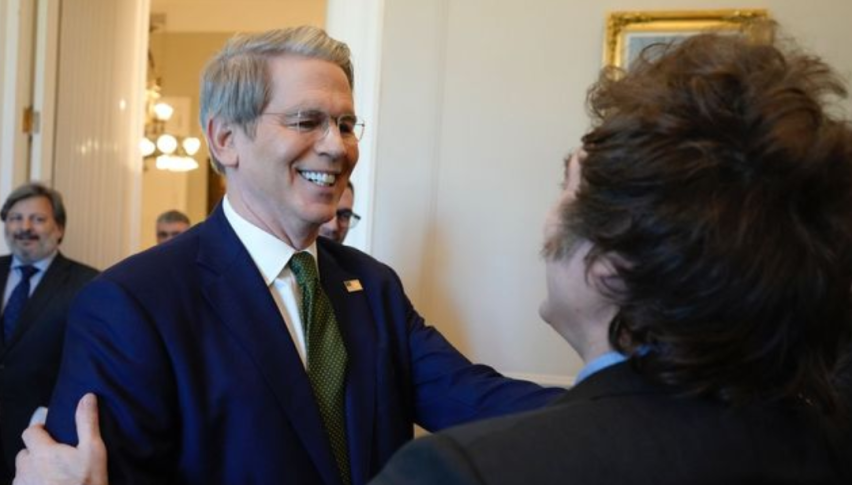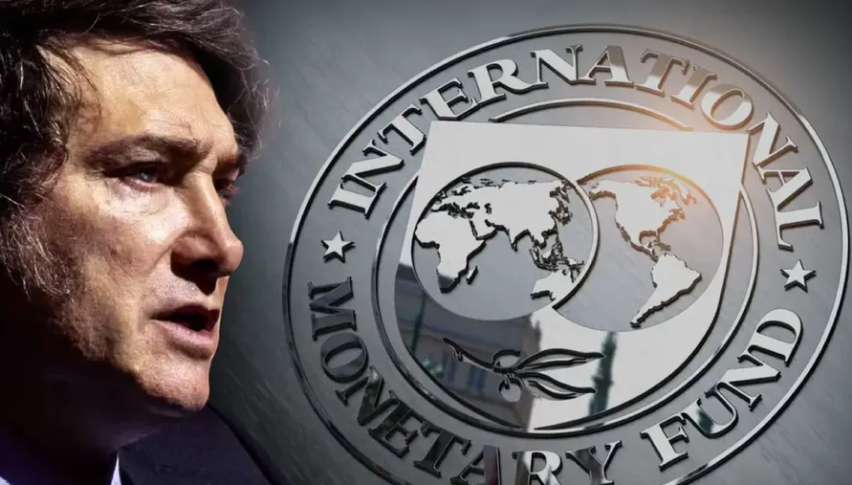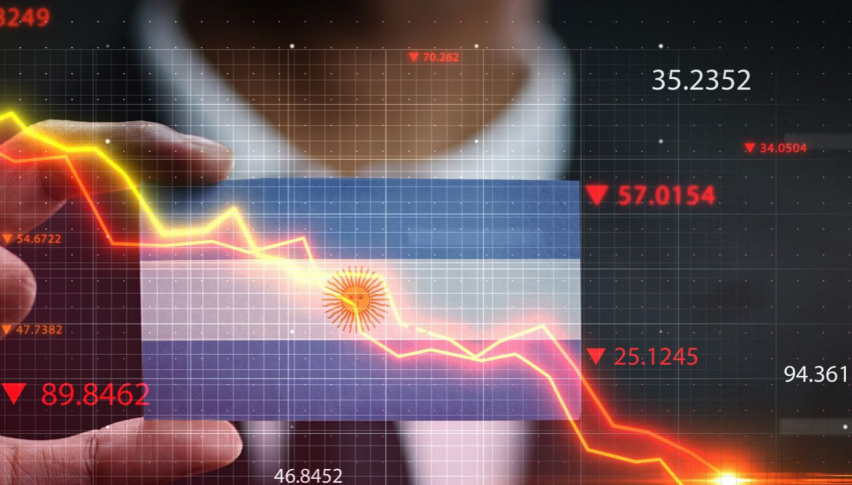Argentine Stocks Surge After U.S. Trade Deal
The so-called Framework Agreement on Reciprocal Trade and Investment fits into Donald Trump’s broader strategic bet on Argentina.

Quick overview
- Sovereign bonds in Argentina rose by up to 1.8%, while country risk decreased to 616 basis points.
- Argentine equities surged by 27.2% following a new trade agreement with the U.S., with the S&P Merval index gaining nearly 4%.
- The U.S.–Argentina deal includes tariff reductions and regulatory alignment, but analysts await further details on its economic impact.
- Top stock performers included Aluar, Transener, and Sociedad Comercial del Plata, with significant gains in dollar-denominated bonds.
Sovereign bonds climbed as much as 1.8% and country risk fell to 616 basis points.

Argentine equities soared as much as 27.2% on Friday after the U.S. announced a broad trade agreement with Argentina. While the market’s initial reaction was far from euphoric, gains accelerated into the close: the S&P Merval jumped nearly 4%, leading stocks rose up to 12.8%, and dollar-denominated bonds advanced as much as 1.7%. Meanwhile, ADRs in New York climbed up to 7%.
The U.S.–Argentina deal includes tariff reductions, the removal of non-tariff barriers, agricultural market openings, and regulatory alignment. Analysts and industry groups are still awaiting the fine print to assess the concrete economic impact.
The Merval rose 3.8% to 2,992,808 points, while its dollar-denominated version gained 3.2% to 2,011 points—fully recovering the prior session’s pullback, when the index fell 3.4% in pesos and 4.1% in dollars amid a weak global backdrop.
Top performers included Aluar (+12.8%), Transener (+9.2%), and Sociedad Comercial del Plata (+8.4%). In the broader index, San Miguel stood out with a staggering 27.2% surge.
Bonds and country risk
Sovereign bonds also rallied, with Bonares up as much as 1.6% and Globales gaining up to 1.2%.
Country risk, as measured by J.P. Morgan’s EMBI, held roughly flat at around 616 basis points.
U.S.–Argentina deal and political context
The so-called Framework Agreement on Reciprocal Trade and Investment fits into Donald Trump’s broader strategic bet on Argentina.
The accord grants new tariff preferences for U.S. exports—including pharmaceuticals, chemicals, machinery, technology, medical devices, and other industrial goods—while the U.S. will eliminate tariffs on certain natural resources and pharmaceutical inputs.
The White House indicated it will consider the agreement’s implications when applying Section 232, the national-security regulation that in recent years affected steel and aluminum.
Argentina, for its part, will eliminate import licenses, drop consular formalities, and gradually reduce the statistical tax. It will also accept products that meet U.S. technical standards.
This week, Economy Minister Luis Caputo told investors in New York that the country plans to repurchase sovereign bonds and begin accumulating foreign reserves, even with the peso trading within its fluctuation band.
- Check out our free forex signals
- Follow the top economic events on FX Leaders economic calendar
- Trade better, discover more Forex Trading Strategies
- Open a FREE Trading Account

